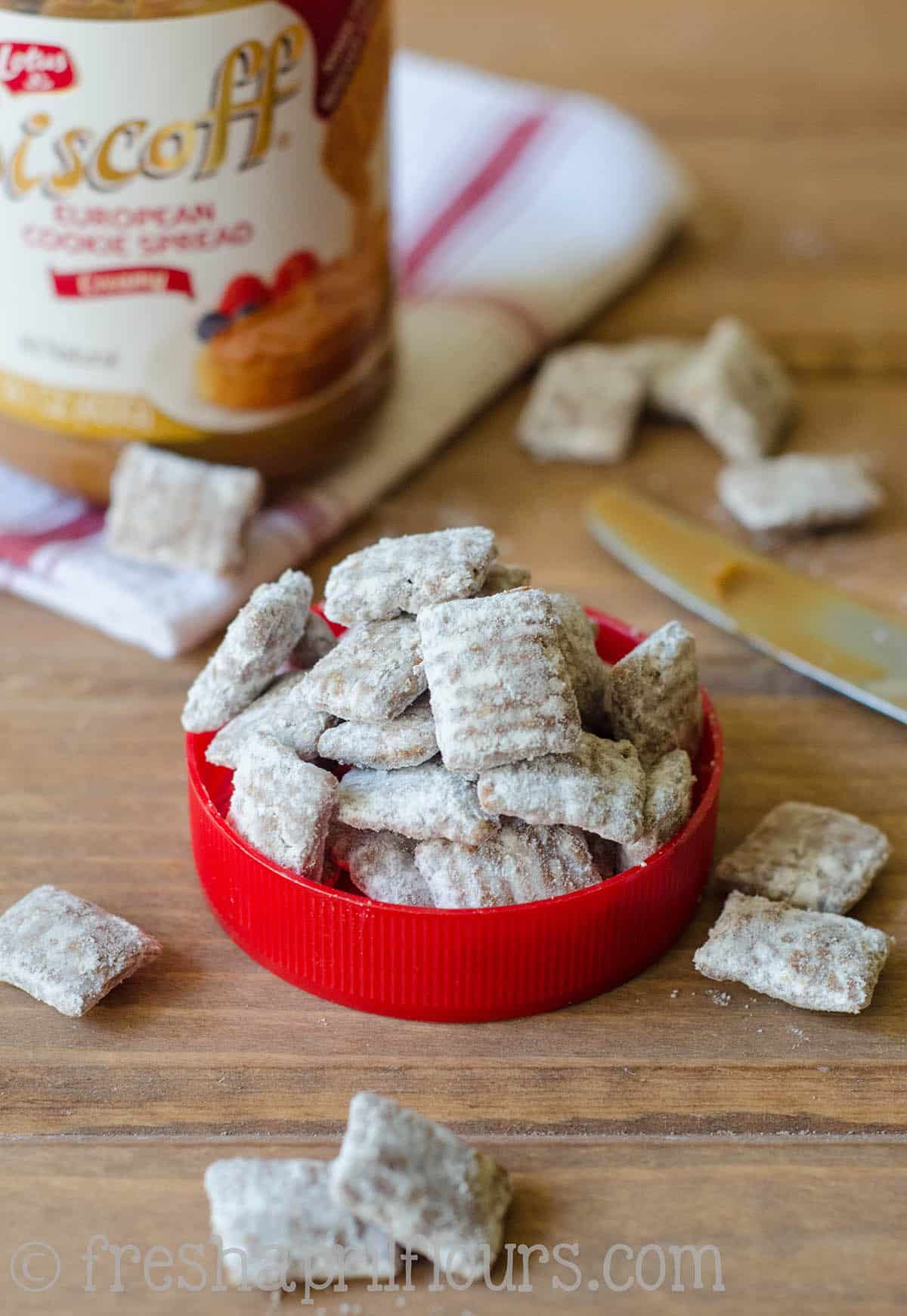As dog owners, we always want to keep our furry friends happy and healthy. And when it comes to treats, it can be tempting to share our favorite snacks with them. But what about cookie butter? Can dogs eat it? Let’s find out!
What is Cookie Butter?
Cookie butter, also known as “Speculoos” or “Biscoff,” is a delicious spread made from crushed Biscoff cookies. It has a smooth and creamy texture, similar to peanut butter, and it is often enjoyed on toast, fruit, or used as an ingredient in various recipes.
Can Dogs Eat Cookie Butter?
While cookie butter is undoubtedly delicious for humans, it is not recommended for dogs. The main reason is its high sugar content, which can be harmful to dogs’ health. Consuming large amounts of sugar can lead to obesity, dental issues, and even diabetes in dogs. Additionally, some cookie butter brands may also contain ingredients that are toxic to dogs, such as chocolate or xylitol.
The Risks of Feeding Cookie Butter to Dogs
Feeding cookie butter to your dog can have several negative effects on their health. The high sugar content can lead to weight gain and can contribute to the development of conditions like diabetes and pancreatitis. Furthermore, the presence of chocolate in some cookie butter brands can be toxic to dogs, causing symptoms like vomiting, diarrhea, and even seizures.
Healthy Alternatives for Your Dog
Instead of giving your dog cookie butter, there are plenty of healthy and safe alternatives that you can offer as treats. Here are a few options:
Plain Peanut Butter: Peanut butter is a popular treat for dogs, as long as it does not contain xylitol, a sweetener that is toxic to dogs. Look for natural peanut butter, free from added sugars or sweeteners.
Fresh Fruits and Vegetables: Many fruits and vegetables make great treats for dogs. Some examples include carrots, apples (without seeds), blueberries, and green beans. Just make sure to remove any seeds, pits, or skins that may be harmful to your dog.
Dog-Specific Treats: There are plenty of dog-specific treats available in the market that are designed to be safe and healthy for our four-legged friends. Look for treats that are made with natural ingredients and do not contain any harmful additives or preservatives.
Remember, it is always advisable to consult with your veterinarian before introducing any new treats or food items to your dog’s diet. They can provide personalized advice based on your dog’s individual needs and health conditions.
Frequently Asked Questions
Q: Can dogs have any type of cookie?
A: While some types of cookies may be safe for dogs in small amounts, it is generally best to avoid feeding cookies to dogs due to their high sugar and fat content. Instead, opt for healthier treat options that are specifically made for dogs.
Q: What should I do if my dog accidentally eats cookie butter?
A: If your dog accidentally consumes cookie butter, monitor them closely for any signs of gastrointestinal distress or other symptoms. If you notice any unusual behavior or if your dog shows signs of discomfort, contact your veterinarian immediately for guidance.
Q: Is it safe to give my dog peanut butter?
A: Plain, unsalted peanut butter can be a safe and enjoyable treat for dogs. However, make sure to check the label and avoid peanut butter that contains xylitol, a sweetener that is toxic to dogs.
Conclusion
While cookie butter may be a delicious treat for humans, it is not suitable for dogs. The high sugar content and potential presence of toxic ingredients make it a risky choice for our furry friends. Instead, opt for healthier and dog-friendly alternatives to ensure your dog’s well-being and happiness. Remember to always consult with your veterinarian for personalized advice and recommendations for your dog’s diet and treats.
For more information on keeping your dog healthy and happy, visit Pawsoha, your trusted source for all things dog-related.
